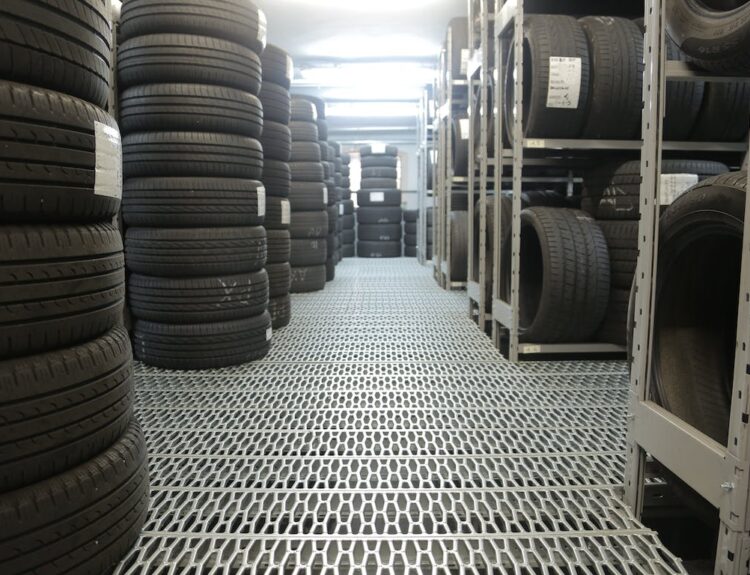Buying your first car is an achievement for many. Whether you’re a recent graduate or starting a new job, everyone needs some help navigating the car-buying process successfully.
In this article, we will discuss important guidelines for buying your first car. This includes setting a budget, getting pre-approved for a loan, deciding between new, used, or leased vehicles, and selecting the right car that meets your needs and preferences. Read on to know more.
Set a Budget
Set a budget to help you narrow down your options and avoid overspending. Consider your income, monthly expenses, and other financial obligations. Include additional costs such as insurance, fuel, maintenance, and registration fees when calculating your budget.
Get Pre-approved Before You Shop
Before You Begin Car Shopping, Reach out To a Bank or Credit Union and Obtain Pre-approval for A Car Loan. Pre-approval Gives You a Clear Understanding of Your Borrowing Capacity and Interest Rates. It Also Gives You a Strong Negotiating Position when Dealing with Dealerships or Private Sellers.
Decide on New, Used, or Leased
Consider whether a new, secondhand, or leased vehicle is the best option for you. Each choice has its advantages and disadvantages. A new car offers the latest features and warranties but depreciates quickly. Used cars generally have a lower price tag but may require more maintenance. Leasing provides lower monthly payments but comes with mileage restrictions. Evaluate your needs, budget, and long-term goals to make the right decision.
Choose a Car
Consider fuel efficiency, reliability, safety features, cargo space, and technology. Research different makes and models, and consumer reviews. Take test drives to determine which vehicle suits your lifestyle and preferences. Consider both new and used cars in your search to widen your options.
Consider Ownership Costs
Factor in the long-term costs of owning a vehicle. Research the estimated insurance costs for the cars you’re considering. Compare fuel efficiency to determine potential fuel expenses. Additionally, checking the reliability ratings of different makes and models can help you determine the maintenance and repair costs. Considering these ownership costs will help you make a well-informed decision and avoid unexpected financial burdens.
Get a Vehicle History Report
You must obtain a vehicle history report when buying a used car. This report provides important information about the car’s previous ownership, accident history, and maintenance records. It helps you identify any red flags or potential issues impacting the vehicle’s value and reliability.






